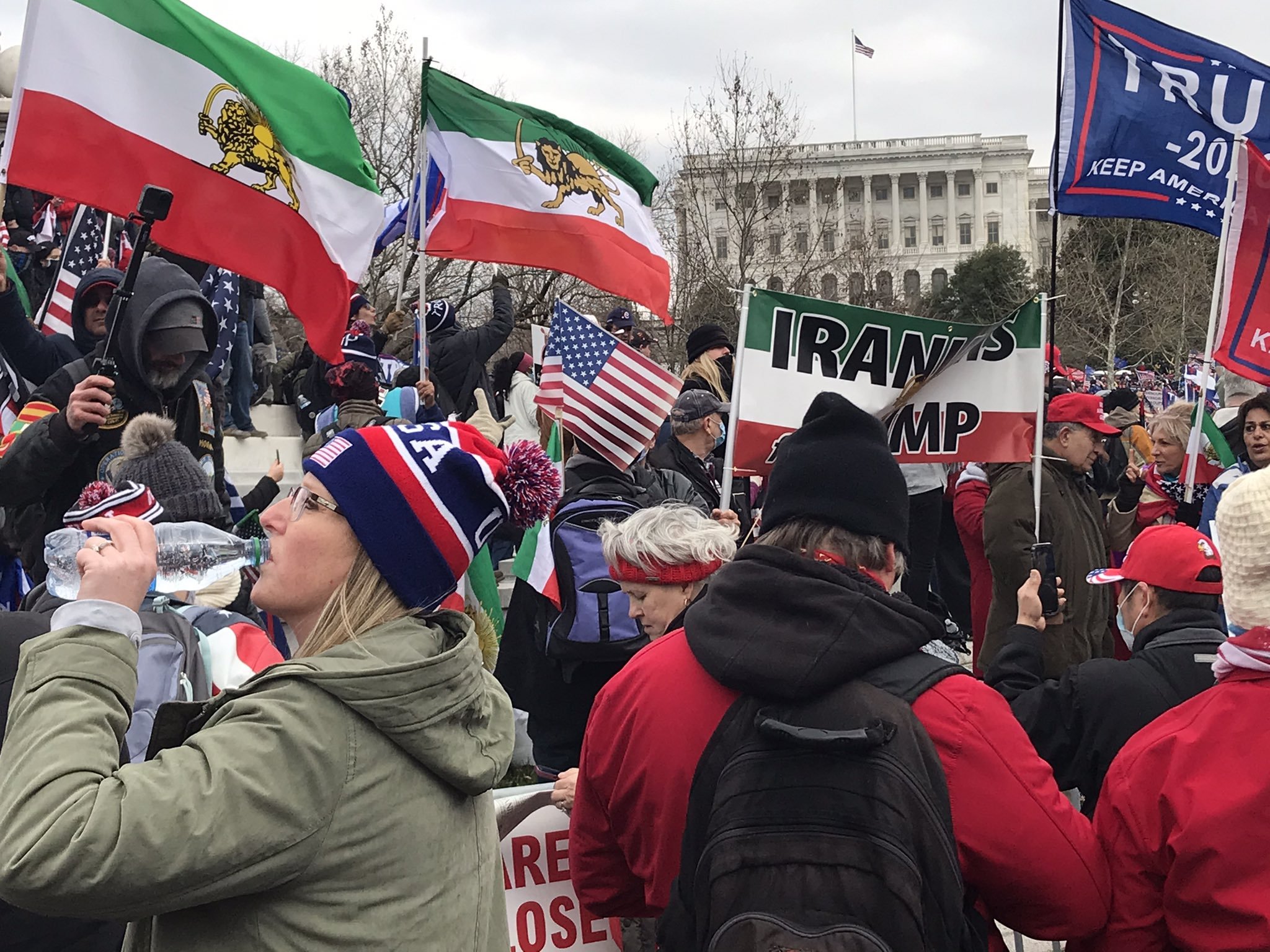*Find me on Medium, where I post exclusively on theological topics.

Nostalgia, Diaspora, & Iranian Neo-Monarchists: A Genealogical Exploration of Longing and Politics
This article examines how a segment of the Iranian diaspora—particularly those identifying with “neo-monarchist” ideals—employs nostalgia to mythologize Iran’s Pahlavi past and rally political support for restoring the monarchy. Drawing on theorists like Kathleen Stewart and Hamid Naficy, it demonstrates how nostalgia functions as a “cultural practice” that can distort history and spark reactionary political fervor. Through examples from Los Angeles (“Tehrangeles”), the January 6 Capitol attack, and social media groups praising the late Shah, the piece illustrates how idealized memories of imperial Iran galvanize newly established organizations like Iranian Americans for Liberty, which advocate a U.S.-backed overthrow of the Islamic Republic. Ultimately, it warns that such nostalgia can foster discord rather than unity, serving as a powerful yet potentially regressive political force within the diaspora.

On Symbolic Economies of Resistance
In Symbolic Economies, Jean-Joseph Goux explores how Marx’s analysis of the genesis of money and value in Capital can be applied beyond economic contexts to understand broader logics of value exchange, both quantitative and qualitative. Goux begins by adopting a “radicalized conception of exchange,” which goes beyond traditional economic exchange. He is interested in exchange as a fundamental principle that applies to both economic systems and other domains of human interaction.

Temporal Multiplicity in E. P. Thompson & Reinhart Koselleck
This paper attempts to trace the semantic valences that invest particular textures of temporality with significance. I borrow the term “semantic valence” from the discipline of linguistics for reasons that should become more explicit. We need not dwell on the more scientific implications of these terms for linguistics. For my purposes, semantic valences are the varying shades and degrees of formal meanings associated with a particular concept, synchronically or diachronically. With this understanding of semantic valence in mind, I contend that one method of undertaking such a “trace,” especially when its object of inquiry is the characterization of time, is a historiographical comparison. This “trace” will sketch out how two scholars—who have been received as paradigmatic in their respective spheres of influence—characterize, express, and represent temporal change and multiplicity. In order to advance this inquiry, I will place E. P. Thompson’s seminal essay, “Time, Work Discipline, and Industrial Capitalism,” and Reinhart Koselleck’s Futures Past: On the Semantics of Historical Time into conversation.

Iranian Nationalism & Nostalgia: Fragment on a research interest
On 15 October 2021, I delivered a short presentation at the Eisenberg Institute for Historical Studies Workshop on “Violence, Witnessing, and Recovering the Archives” entitled, “Nostalgia, Diaspora, and Iranian Neo-Monarchists.” My talk focused on the political and cultural functions of nostalgia by a segment of the contemporary Iranian diaspora, particularly in the United States. In thinking here through nationalism and nostalgia in the American case, I hope to explore in my dissertation the ways in which memory was and is utilized, revised, and weaponized by the Iranian diaspora in France.

Elsewhere: Society for the Study of French History Blog Post
I wrote a blog post for the Feature Archive section of the Society for the Study of French History (UK) on Iranian student movements and social activism in Paris.

Jesus as Victim of Sexual Humiliation & Assault: Preliminary Thoughts with Tombs and Bonhoeffer
Victims of sexual humiliation and abuse likewise receive the exhaustion of the rage of the world in their bodies. Living day by day with the stigma and scars of their crisis, they suffer with the crucified one who truly knows their pain in a direct, visceral, and experiential way.

Workflows: Research Practices & Digital Infrastructure
In May 2020, I published "Workflows" on my blog. In July of that year, I published a sequel—meant to be one in a series of posts about research productivity—entitled "'Welcome' to Graduate School." Unfortunately, the Workflows series died with that second post. The outline I had envisioned in the first post was far too optimistic, while some of the topics I'd wanted to write about fell far beyond my expertise. With this new post, I hope to revive the series by sharing with you my experiences in the archives. While you can keep up with my activities in Paris through my Newsletter, this post will include some deeper thinking on my current analog and physical practices for retaining information without losing my mind. While reading the inaugural post isn't essential, it does provide a list of literature to which I'm indebted in shaping my thinking about research, time management, and productivity. The second post provides a snapshot of my methods for capturing data and saving it. I will revisit some of these points here, showing how my process of information capture has changed (out of necessity and by choice).